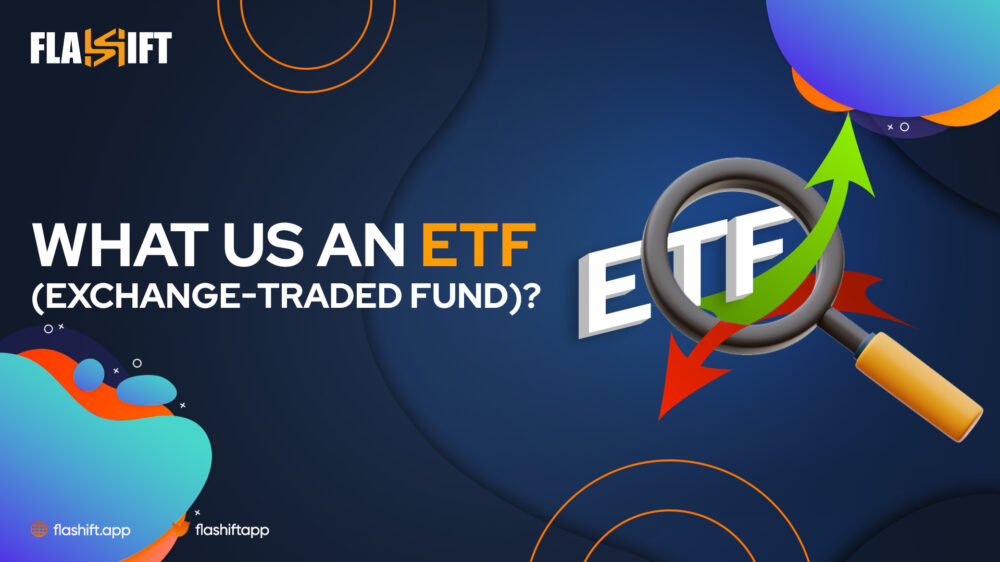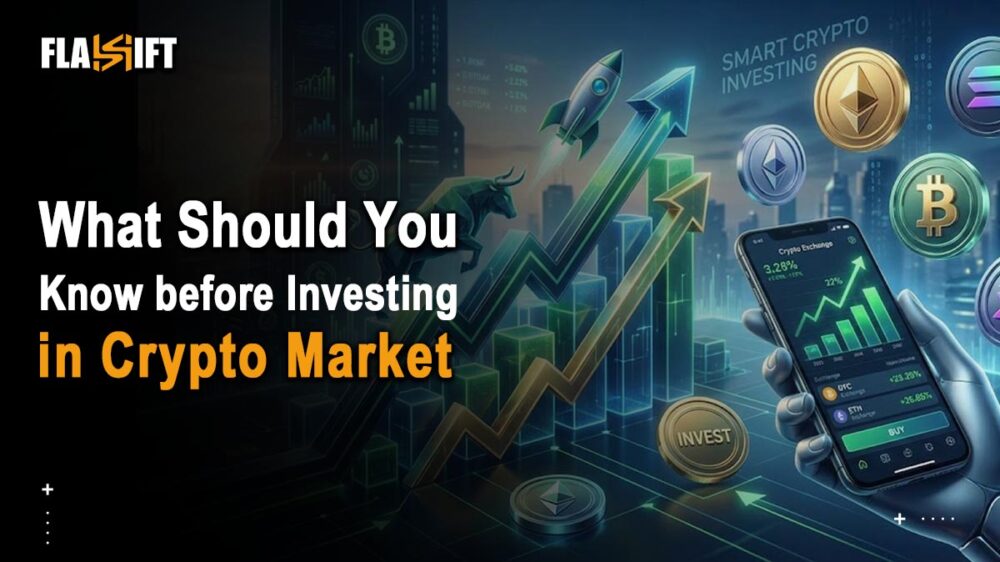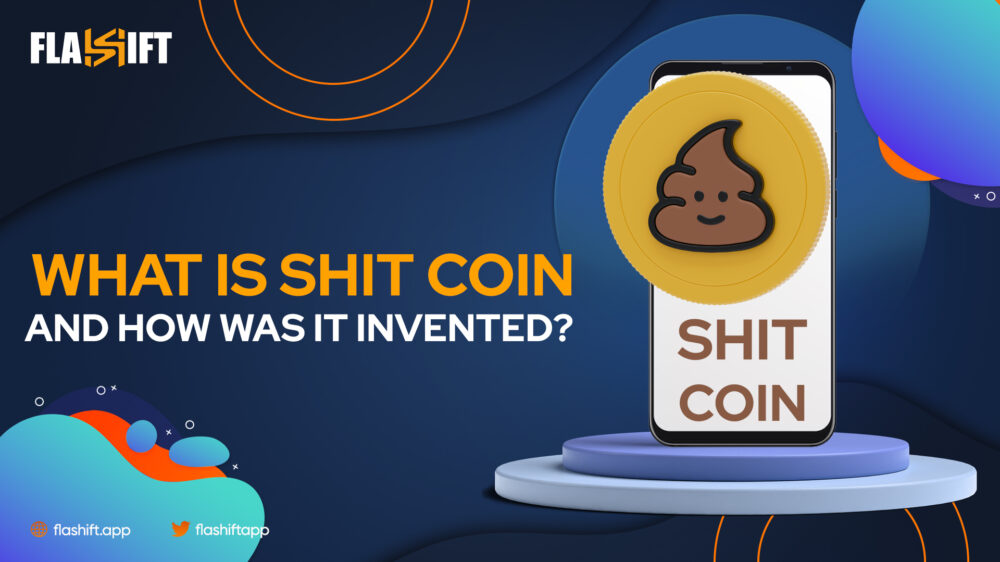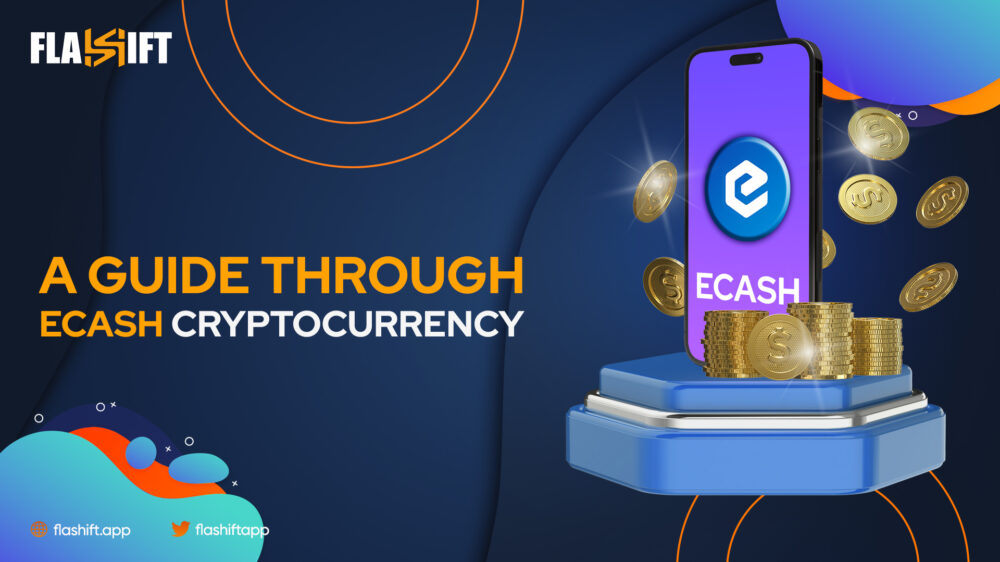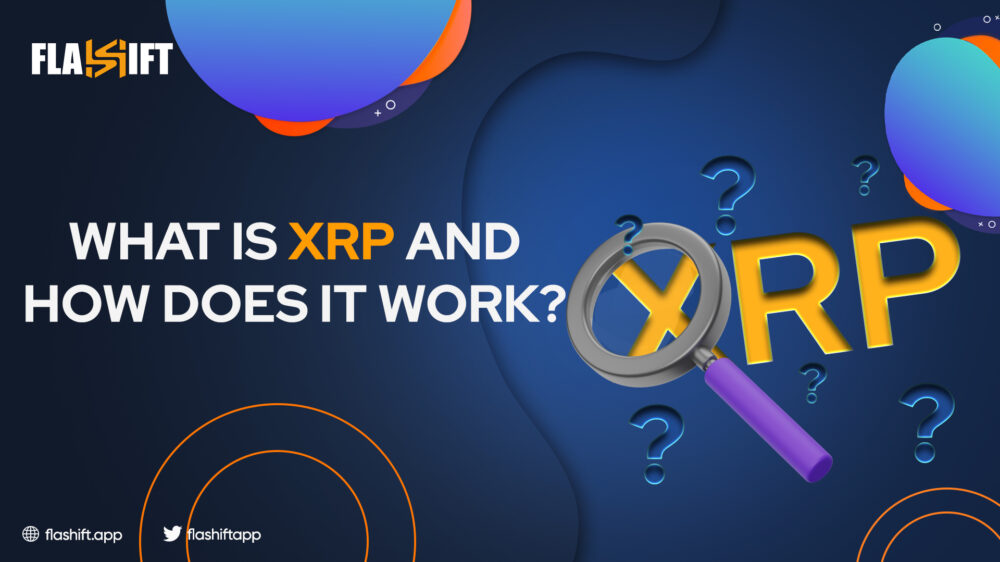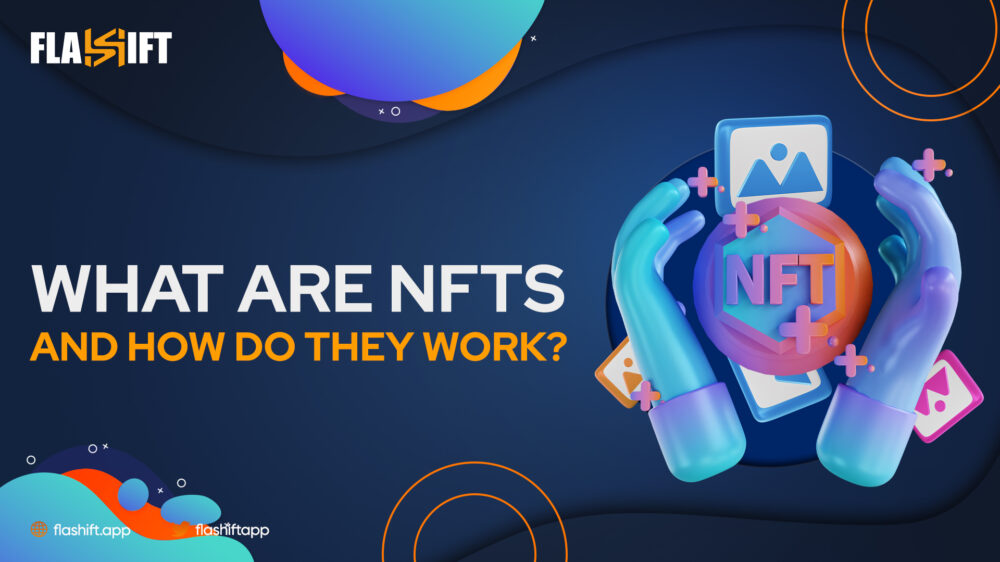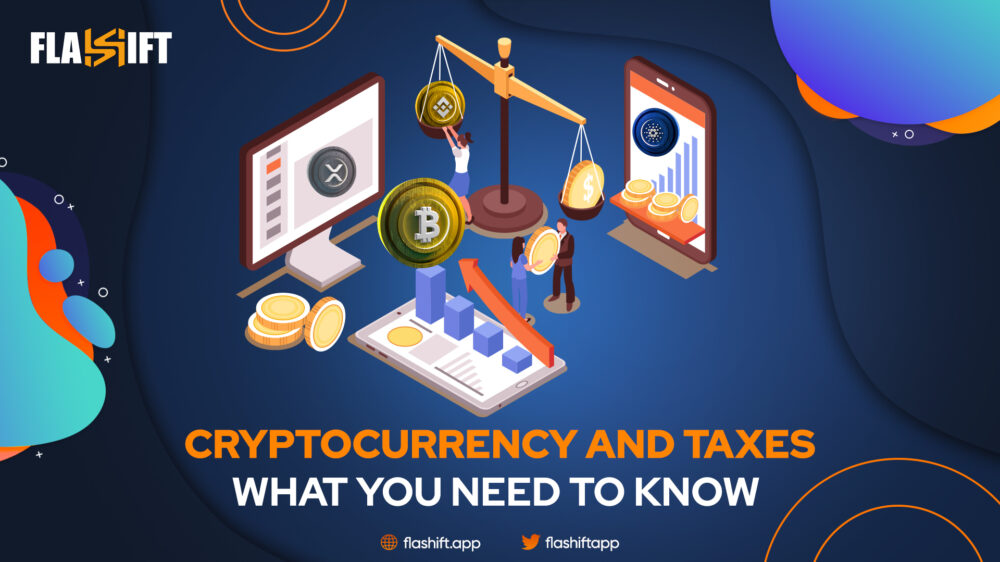ETFs often follow a specific index, field, product, or other kind of asset, but as opposed to mutual funds, exchange- traded funds (ETFs) may be bought and sold on a stock market in the same manner that a conventional stock can. An ETF can be intended to monitor everything from a single commodity’s value to a huge and diversified group of commodities. ETFs can even be designed to follow certain investing methods. An ETF is…
While most people are familiar with public blockchains like Bitcoin and Ethereum, a lesser-known but equally important type of blockchain is quietly reshaping enterprise adoption: the consortium blockchain. This semi-private model allows a group of organizations to jointly maintain a blockchain network, offering both decentralization and controlled governance. In this guide, we’ll explain what consortium blockchains are, how they differ from public and private chains, and why they are especially useful in industries like banking,…
Investing in crypto market | The cryptocurrency market, born in 2009 with the creation of Bitcoin, is a dynamic and growing financial ecosystem. It comprises several types of digital assets, which are now well-known worldwide, including Bitcoin and Ethereum, besides a few thousand altcoins that address almost every single conceivable role within the blockchain space. This market, by nature, operates 24/7, providing limitless trading and investment opportunities, not compared to traditional financial markets. What is…
Not every coin is built with purpose or value. While Bitcoin and Ethereum dominate headlines, a different class of tokens, often dubbed “shitcoins”, quietly flood the market, luring investors with hype and unrealistic promises. But what exactly is a shitcoin, and why should you be cautious before putting your money into one? What is a Shitcoin? A “shitcoin” is a category of cryptocurrency characterized by minimal to nonexistent intrinsic value and lack of any immediate,…
What Exactly Was eCash? eCash was a groundbreaking digital platform designed to facilitate the untraceable transmission of payments, safeguarding the anonymity of users engaging in microtransactions over the internet. Launched in 1990 by Dr. David Chaum under his company DigiCash, which was founded the previous year, eCash positioned itself as an innovator in the burgeoning field of cryptocurrency. Despite initial interest from major financial institutions, eCash (XEC) struggled to gain widespread adoption. This lack of…
What is XRP | Ripple is one of the big boys in the cryptocurrency space, heavily recognized for its contrarian approach to cross-border payments and financial transactions. The project started in 2012 and aimed to disrupt how money moves worldwide. It focuses on instant, cheap international money transfers, positioning it as an attractive option for banks and other financial entities keen on lubricating those wheels. Ripple’s distinguishing feature is that It is in the process…
GameFi, a portmanteau of “Game” (referring to video games) and “Finance,” represents an innovative intersection between gaming and financial technologies. This burgeoning sector leverages the unique attributes of cryptocurrencies and blockchain technology to create gaming environments where players can earn financial rewards through gameplay. In the GameFi ecosystem, players engage with decentralized applications (dApps) and blockchain-based games that incorporate mechanisms such as play-to-earn (P2E), where participants are compensated in cryptocurrency for their in-game achievements and…
Non-fungible tokens (NFTs) are unique digital tokens stored on a blockchain, most commonly Ethereum. They act as immutable certificates of ownership for digital assets like art, music, virtual land, and more by referencing unique metadata. Unlike cryptocurrencies (e.g., Bitcoin), each NFT is distinct and irreplaceable. In this updated 2025 guide, Flashift will explain how NFTs work under the hood from ERC‑721 and ERC‑1155 standards to metadata and minting processes. We also explore emerging trends such…
Climate change has unequivocally emerged as one of the most significant and pressing challenges confronting the global community today. This issue has catalyzed a widespread imperative for businesses across various sectors to embrace and integrate sustainable and eco-friendly practices into their operational frameworks. The cryptocurrency industry is no exception to this broader trend. In recent years, the cryptocurrency sector has witnessed a burgeoning array of environmentally conscious initiatives designed to mitigate energy consumption and positively…
The IRS (Internal Revenue Service) incorporates cryptocurrency within its tax framework, delineating that income and capital gains derived from cryptocurrency transactions are subject to taxation. This regulatory stance underscores that while profits and earnings in the crypto realm face tax obligations, certain liabilities associated with cryptocurrencies may enjoy a tax-free status, reflecting a nuanced approach to digital asset taxation. Please keep in mind that all information mentioned in this article are based on laws of…


